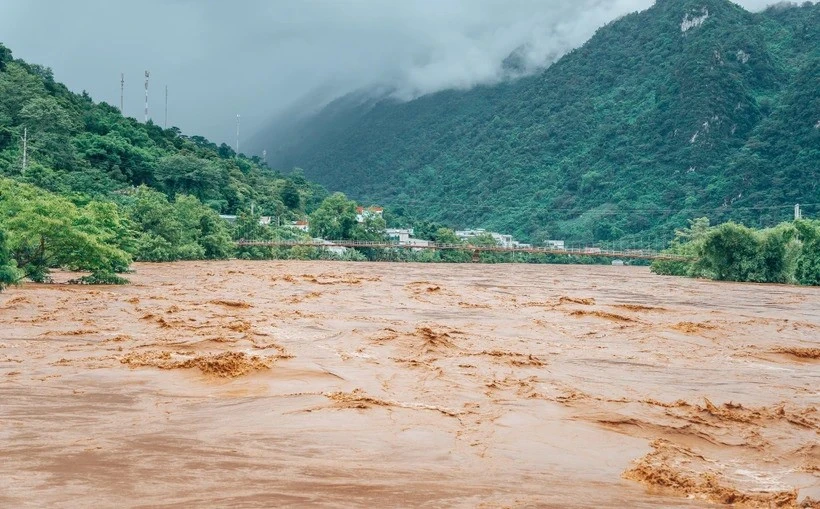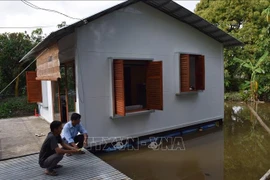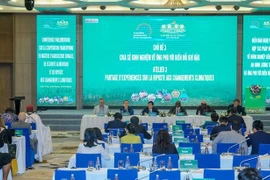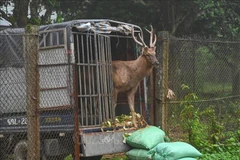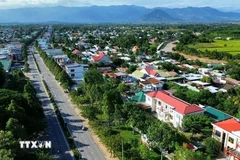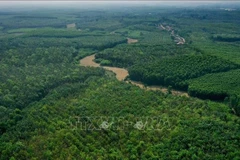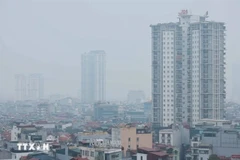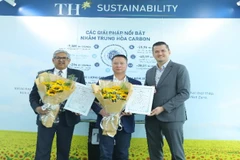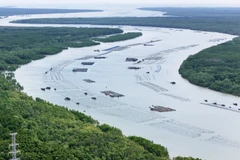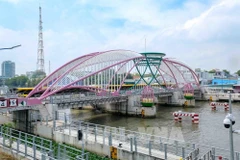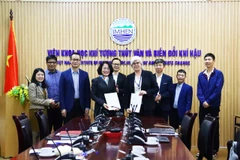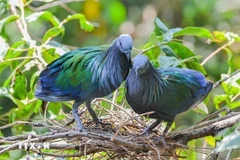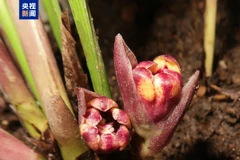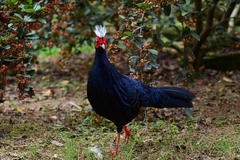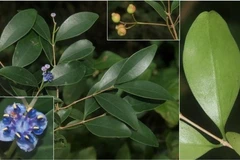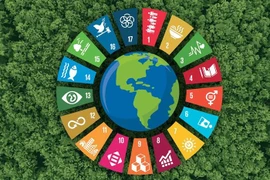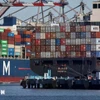Bangkok (VNA) - The United Nations Economic and Social Commission for Asia and the Pacific (ESCAP) on April 8 released it’s latest report assessing the readiness of Asia-Pacific economies to tackle climate-related challenges, with Vietnam identified as one of the 11 countries most vulnerable to climate change from a macroeconomic perspective.
Despite driving 60% of the world’s economic expansion in 2024, several countries in the Asia-Pacific region are still not ready to cope with climate shocks and the implications of transitioning to a greener system, according to the 2025 edition of the Economic and Social Survey of Asia and the Pacific.
The report highlights the complex macroeconomic-climate interplay. It outlines the challenges testing the economic resilience of the region – including slower productivity growth, high public debt risk, and rising trade tensions.
“Increasing global economic uncertainty and deepening climate risks are also not making it easy for the fiscal and monetary policymakers,” said Armida Salsiah Alisjahbana, UN Under-Secretary-General and Executive Secretary of ESCAP. “Navigating this evolving landscape requires not only sound national policies but also coordinated regional efforts to safeguard long-term economic prospects and tackle climate change, ” she stressed.
Among the 30 countries analysed in the survey, 11 were identified as more exposed to climate risks from the macroeconomic perspective: Afghanistan, Cambodia, Iran, Kazakhstan, Laos, Mongolia, Myanmar, Nepal, Tajikistan, Uzbekistan and Vietnam.
There are also significant disparities in coping ability across the region. While some countries have mobilised sizeable climate finance and adopted green policies, others face a range of challenges, including fiscal constraints, weaker financial systems and limited public financial management capacity.
Despite remaining relatively vibrant in comparison with the rest of the world, average economic growth in the developing economies in the Asia-Pacific region slowed to 4.8% in 2024 from 5.2% in 2023 and 5.5% during the five years prior to the COVID-19 pandemic. In the case of least developed countries, the 2024 average economic growth rate of 3.7 % was significantly lower than the 7% per annum GDP growth target set out in Sustainable Development Goal 8.
To secure long-term economic prosperity, the survey underscores the need for proactive government support in upgrading into more productive, higher value-added economic sectors. The region also needs to capitalise its robust competitiveness in green industries and value chains as new engines of economic growth, as well as embrace inclusive regional economic cooperation, which serves the development aspirations of both developed and developing countries./.
